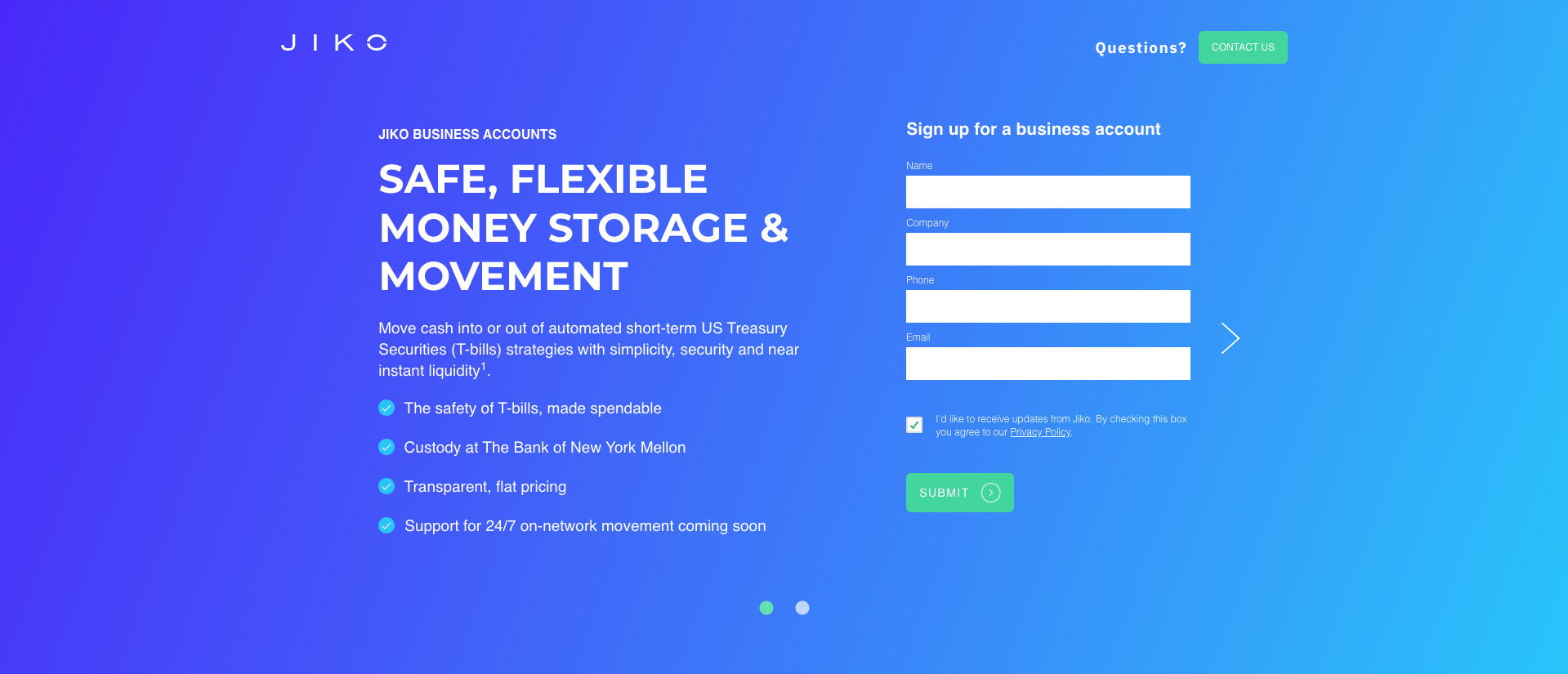
- Legal & General and Lloyds Banking Group have invested $40 million (£35 million) in open data and payments platform Moneyhub.
- Along with the equity capital, Moneyhub received an additional $5.7 million (£5 million) debt facility courtesy of Shawbrook.
- Moneyhub made its Finovate debut at FinovateEurope in 2015 in London. Samantha Seaton is CEO.
The $40 million (£35 million) in funding raised by open finance and payments platform Moneyhub will give minority stakes to investors Legal & General and Lloyds Banking Group. The two backers will leverage their relationship with Moneyhub to enhance their own offerings with Moneyhub’s open data technology. At the same time, the capital, along with an additional $5.7 million (£5 million) debt facility courtesy of Shawbrook, will enable Moneyhub to speed development of its products in areas ranging from pensions and payments to affordability and Data-as-a-Service. The funding will also support Moneyhub’s plans to further international expansion.
“(The) new investment helps us signal a step change in the way the financial services industry thinks about Open Data and the possibilities it presents,” Moneyhub CEO Samantha Seaton said. “Understanding and utilizing customer transaction data for the benefit of the customer’s financial wellbeing not only helps businesses fulfill their Consumer Duty regulatory obligations, but also empowers them to create further opportunities.”
Moneyhub enables companies to transform data into personalized digital experiences and initiate payments. Offering both APIs and its customizable Open Data Platform, Moneyhub serves businesses in industries from pension companies and wealth managers to banks, lenders, and insurance companies. Moneyhub boasts seamless, single source connectivity to thousands of financial institutions in 37 countries, helping ensure its clients can build a comprehensive portrait of their customers’ financial needs, habits, and goals.
Moneyhub’s largest funding round to date, this week’s capital infusion is part of a larger fundraising effort and follows a 2021 investment of $18 million led by Peter Wood, founder of Direct Line and Esure. At the time, the funding was the largest secured by a female fintech CEO in Europe that year. Moneyhub currently has more than $63 million in capital raised, according to Crunchbase.
Moneyhub made its Finovate debut in 2015 at FinovateEurope in London. Founded in 2011 and headquartered in Bristol, the company also announced this week that it was teaming up with SME health and wellness care provider MorganAsh. The support services provider will use Moneyhub’s technology to access customer financial data to enhance their ability to provide real-time consumer vulnerability assessments. The partnership will also help MorganAsh fulfill its obligations for Consumer Duty, a requirement issued by the U.K. Financial Conduct Authority in July that governs implementation of open finance/open data products.
“Consumer Duty and Open Finance herald a new era of customer-focused firms and financial resilience,” Moneyhub Business Development Director Vaughan Jenkins said. “Smart, forward-looking businesses will seize this moment and benefit from it.”












